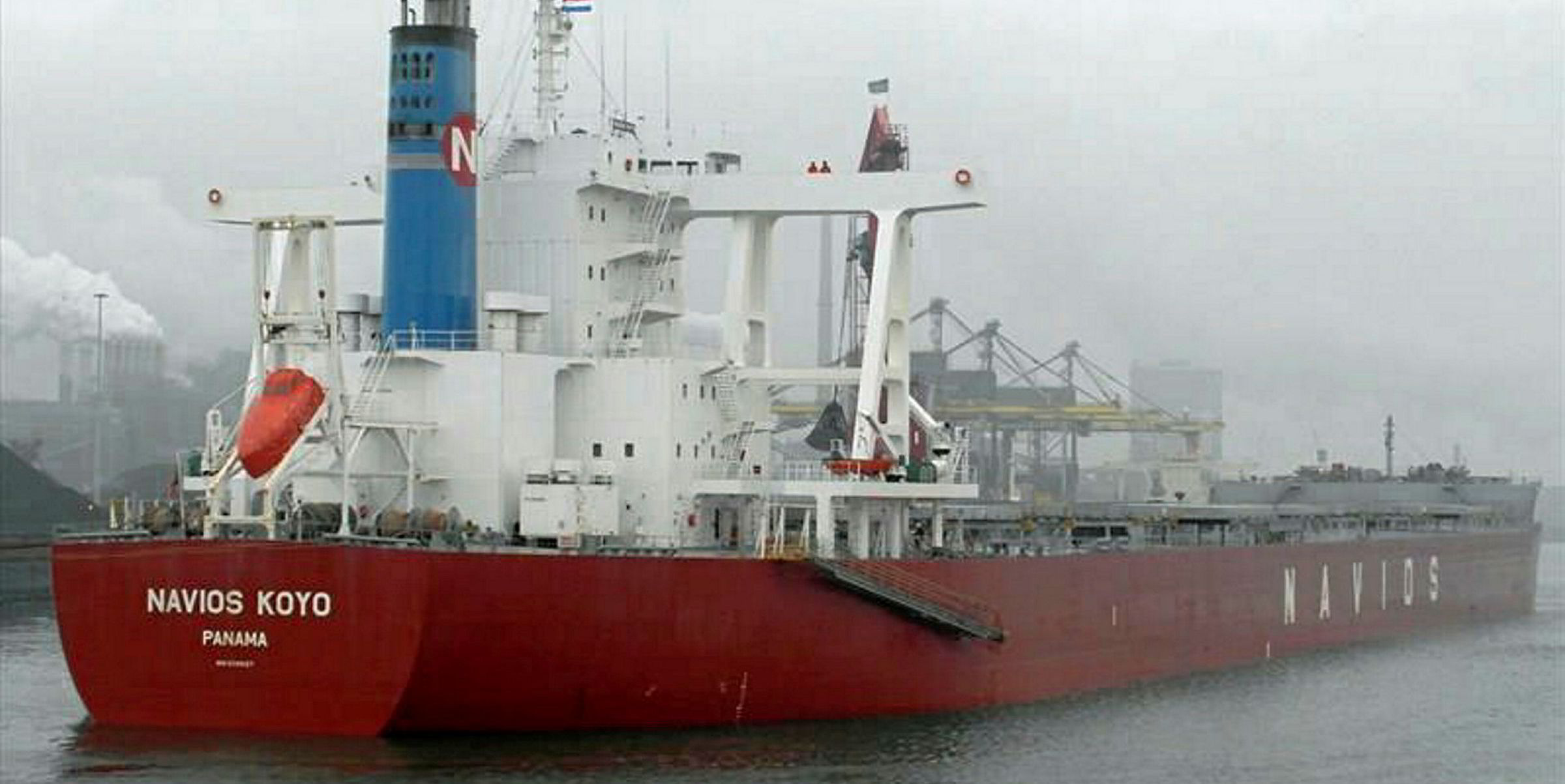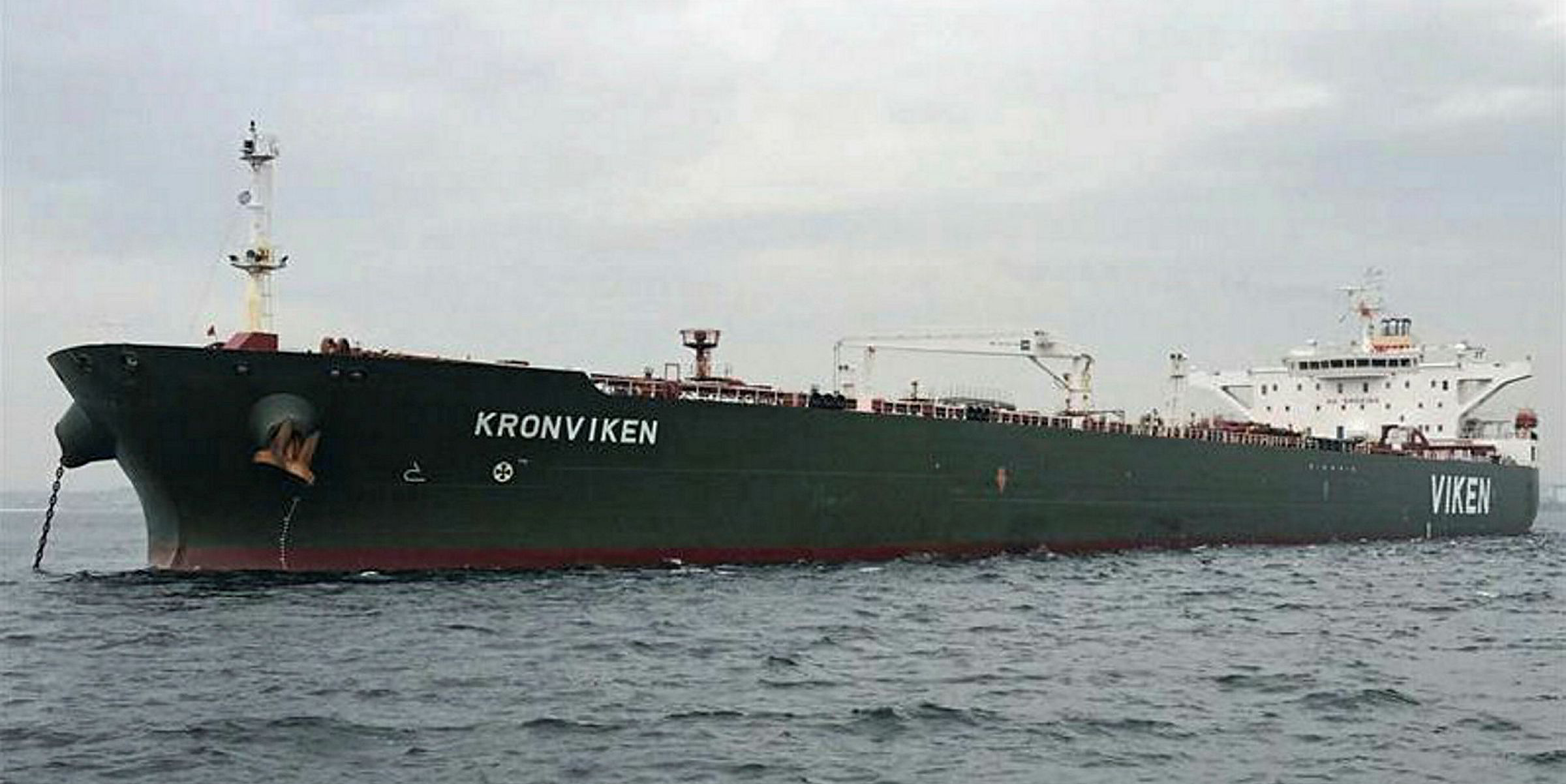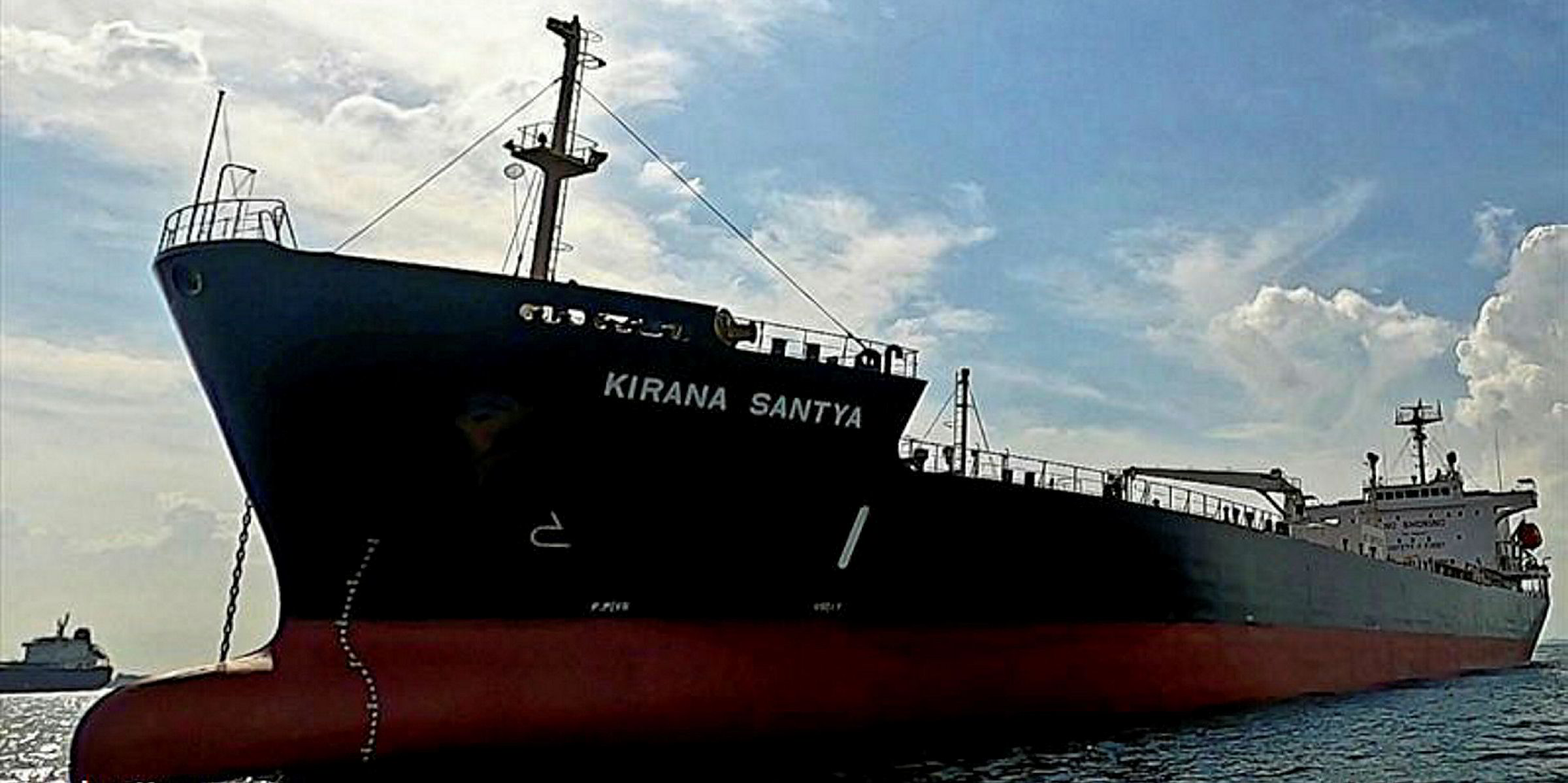The arrest of a capesize bulker on long-term charter to Navios Maritime Holdings has again highlighted the legal perils of discharging cargoes against letters of indemnity instead of bills of lading.
It has also shined a spotlight on the risk for charterers of getting embroiled in the legal woes of other vessels belonging to a ship's owner.
The 181,000-dwt bulker Navios Koyo (built 2011), which is owned by Japanese tonnage provider Shoei Kisen Kaisha and is on long-term charter to Greek shipping giant Navios, has been languishing under arrest off Singapore since 17 September.
The arrest order came at the request of timber trader Excel Exports of Singapore, which filed a $1.6m cargo claim against the vessel.
Excel may not have been on the radar of either Navios or Shoei Kisen until its lawyers slapped an arrest warrant on the hapless ship.
Court records show that Excel’s dispute is with a different ship, the 37,800-dwt bulker Taikoo Brilliance (built 2015), which is operated in the Clipper Logger Pool.
The Navios Koyo, which is commercially managed by freight operator SwissMarine, was arrested purely because both vessels are owned by Shoei Kisen.
Excel was involved with a cargo of logs that the Taikoo Brilliance carried from New Zealand to India. It claims the cargo was discharged in Kandla while it was still in possession of the bills of lading.
It is common practise for charterers and traders to discharge cargoes against letters of indemnity in order to speed up bureaucratic procedures and expedite the discharge of the cargo.
According to lawyers, while this has worked reasonably well in the past, the recent collapses of several commodities traders, especially in the oil sector, has highlighted the serious risk shipowners place themselves under when accepting such indemnity.
Under admiralty law, once the cargo has been loaded on board a vessel and the bills of lading have been signed by its master, the ship itself is considered the custodian of the cargo and is legally responsible for anything that happens to it regardless of who the owner, charterer or sub-charterer is.
If the issuer of a letter of indemnity is unable to immediately live up to their promised obligation, the shipowner is left footing the bill for the claim in order to get a quick release of the vessel.
The arrest of the Navios Koyo as an associated vessel is legally permissible under admiralty law in many legal jurisdictions even though neither ship shared a common operator.
While Navios and the vessel’s commercial manager have faced the brunt of the disruptions caused by the arrest, the event that lead up to it was one over which they had absolutely no control.
Legal sources described the predicament as one that could be faced by any operators with ships chartered from tonnage providers, and there is little that can be done prevent it from happening.
TradeWinds has requested comment from Navios, SwissMarine and Shoei Kisen.
Excel Trading referred questions to their lawyers, who confirmed that the company was behind the arrest.







